Buying a house is a major event in the lives of many people. It can be both exciting and intimidating, as it involves a significant financial investment and a long-term decision. To assist you, here is a practical guide to buying a house with its tips and tricks, step by step.
List of 10 Essential Steps When Buying a House
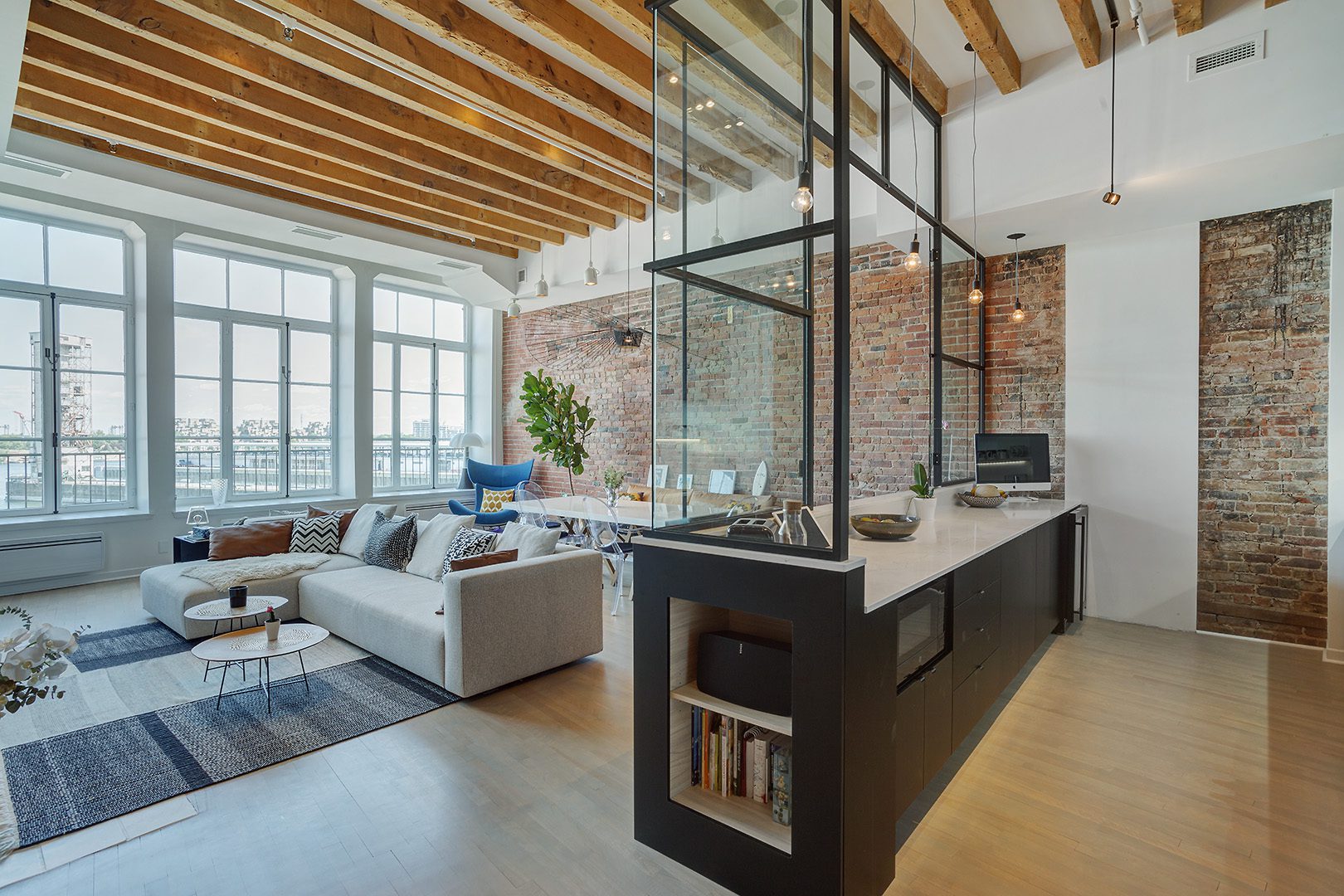
BYING a House
Tips & Steps
1. Define your needs and your budget
2. Look for a real estate agent
3. Conducting online research
4. Visit the selected houses
5. Make a purchase offer
6. Get a mortgage
7. Conduct a home inspection
8. Finalize the transaction
9. Purchase home insurance
10. Settling into your new home
It is therefore essential to be well-informed and prepared before embarking on this adventure. Whether you are a first-time buyer or simply looking to change residences, this practical guide will provide you with valuable tips and steps to succeed in your real estate purchase.
We will cover the various stages of buying a house, from property search to signing the deed of sale. We will provide advice on defining your search criteria, finding a trusted real estate agent, evaluating property prices, negotiating with the seller, obtaining a mortgage, and completing the necessary administrative procedures.

We will also guide you on how to inspect a house, check legal documents, and prepare to move into your new home. Whether you are an experienced buyer or facing your first real estate transaction, this guide will help you make informed decisions and successfully navigate the home buying process.
Table of contents
- List of 10 Essential Steps When Buying a House
- The 10 Key Steps to Buying Your Home in More Detail
- Determine your budget and search criteria
- Look for a real estate agent
- Carry out the necessary verifications and inspections.
- Get informed about the local real estate market
- Visit the houses that match your criteria
- Tips for BUYING a House: Negotiate the Price and Purchase Conditions
- Sign the purchase offer and it is recommended to make a deposit
- Gather the necessary documents for the purchase.
- Finalizing the sale at the notary’s office
- Getting Home Insurance in Quebec?
- Finalize the purchase and move into your new home.
- In summary
- Questions Fréquentes
The 10 Key Steps to Buying Your Home in More Detail

If you’re considering buying a house, it’s essential to follow certain key steps to ensure you make the right choice. In this practical guide, we’ll provide you with tips and steps to help you find and purchase your ideal home.
1. Define your needs and your budget
The first step is to determine your housing needs. How many bedrooms do you want? Do you need a garden? Do you want to be close to public transportation or schools? Then, establish your budget by taking into account your repayment capacity and additional costs such as taxes and notary fees.
2. Conducting online research
Use online real estate websites to search for houses that match your criteria. You can filter the results based on your budget, location, and other preferences. Take the time to review the photos, descriptions, and additional information about each property.
3. Visit the selected houses
Arrange visits for the houses that interest you the most. Take the time to explore each room and ask questions to the owner or real estate agent. Take notes and photos to help you compare the different properties. Visiting with an experienced broker allows you to not overlook any critical aspects and becomes valuable assistance to remind you of the essential criteria for your needs when emotions run high.
4. Make a purchase offer
If you’ve found the house of your dreams, it’s time to make a purchase offer. Consult a real estate agent to help you assess the appropriate price and draft a formal offer. Don’t forget to consider other factors such as potential repairs or possible negotiations.
5. Get a mortgage
Once the offer is accepted, you’ll need to get a mortgage to finance your purchase. Consult multiple banks or mortgage brokers to compare rates and terms. Your real estate agent may refer you to a competent mortgage broker. Prepare all necessary documents, such as bank statements, tax returns, and proof of employment.
6. Conduct a home inspection
Before finalizing the purchase, it’s essential to have the house inspected by a professional. This will help you identify any potential hidden issues such as structural damage, plumbing problems, or insect infestations. If issues are identified, you may be able to negotiate an agreement with the seller. Your Real Estate broker can refer you to a trusted inspector.
7. Finalize the transaction
Once the inspection is completed and you are satisfied with the results, you can proceed with finalizing the transaction. This involves signing the sale documents, paying the closing costs, and legally transferring the property into your name.
8. Purchase home insurance
Before moving into your new home, make sure to purchase home insurance to protect your investment. Compare insurance offers and choose the one that best suits your needs.
9. Settling into your new home
Once all the formalities are completed, you can finally settle into your new home. Take the time to plan the layout of the rooms, purchase new furniture, and personalize your space according to your tastes.
By following these key steps, you will be able to buy your ideal home with confidence. Remember to be patient and take the time to find the home that best meets your needs and budget. If you need help navigating through these steps, reach out to a trusted real estate agent.
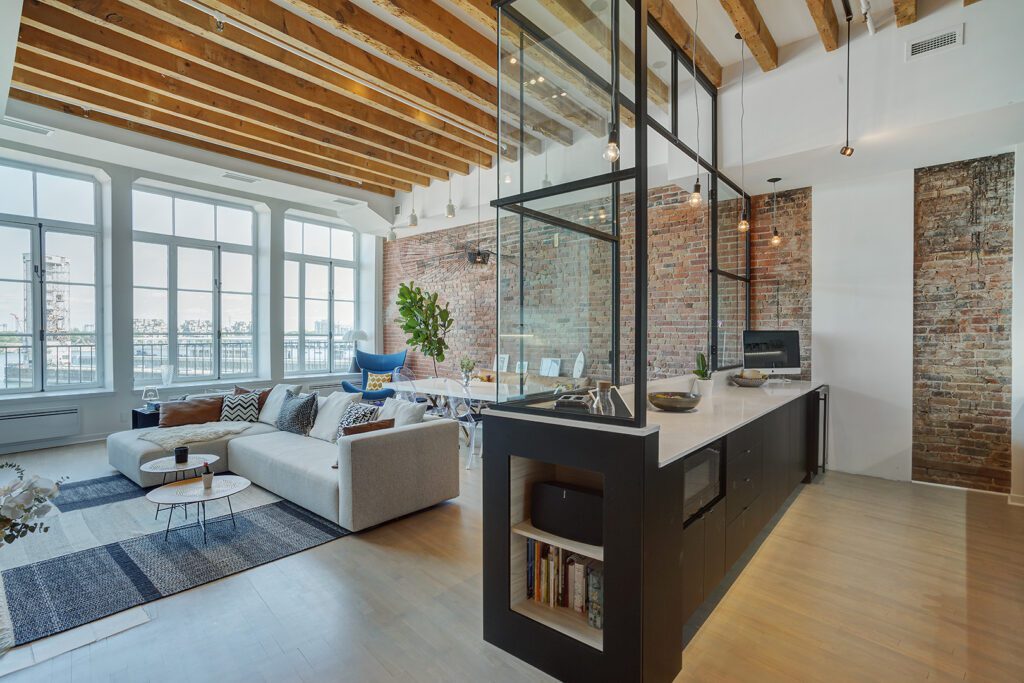
The Ultimate Guide to Succeeding in Buying a Condo in Montreal
Tips, Tricks and Essential Steps for Choosing Real Estate in Montreal
Determine your budget and search criteria
To begin your house search, it’s essential to determine your budget and search criteria. This will allow you to focus on properties that match your needs and financial means.
Define your budget
Before starting to look for a house, it’s important to assess your financial capacity and determine how much you’re willing to spend. Take into account your income, monthly expenses, and savings to determine your maximum budget.
Identify your search criteria
Once you have established your budget, it’s time to define your search criteria. Consider the essential features you want to find in your future home. This may include the number of bedrooms, square footage, location, nearby amenities, etc.
Look for a real estate agent
To simplify your search and purchase of your house, it is recommended to engage a real estate agent. A real estate professional can guide you through the entire process and help you find the ideal home based on your criteria and budget.

Contact Edgar Sanson
An experienced broker capable of guiding you through the entire process and providing you with the best advice to maximize your chances of success.
Tips for BUYING a House: Look for an experienced real estate agent
When selecting a real estate agent, make sure to choose someone with solid experience in the real estate field. Check references, experience, and reviews from previous clients to ensure that you are working with a competent and reliable professional.
Here are some tips for choosing the right real estate agent:
- Do your research: Look into local real estate agents, visit their websites, and read reviews from previous clients. You can also ask for recommendations from friends, family, or colleagues.
- Check references: Ask the real estate agent for references from previous clients and contact them to inquire about their experience working with him or her.
- Ensure they specialize in your area: Choose a real estate agent who has a good understanding of the real estate market in the area where you want to buy a house.
- Evaluate their availability: Make sure the real estate agent is available to accompany you on house tours and answer all your questions throughout the buying process.
Communicate your criteria and expectations
During your first meeting with the real estate agent, make sure to clearly communicate your search criteria and expectations. Explain what you’re looking for in a home and discuss your budget. This will allow the real estate agent to better target their searches and present you with properties that meet your needs.
Carry out the necessary verifications and inspections.
Before finalizing the purchase of your house, it is essential to conduct all the necessary verifications and inspections to ensure that the property is in good condition and that there are no hidden issues.
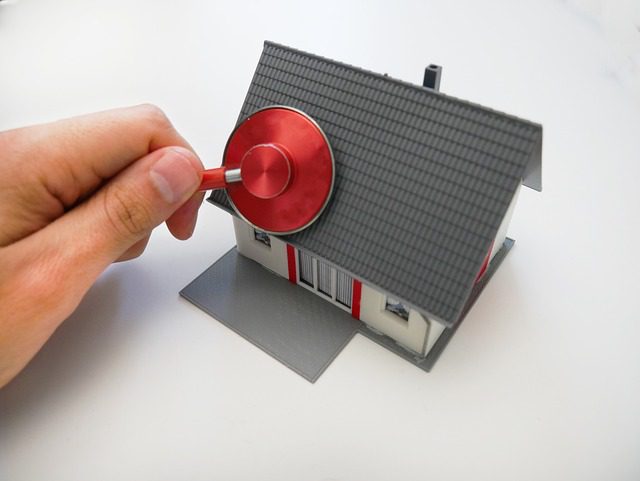
Have a professional inspection done
Hire a professional home inspector to conduct a thorough inspection of the house. The inspector will check the structure, plumbing and electrical systems, heating and cooling installations, etc. This inspection will give you a clear idea of the condition of the house and help you make an informed decision.
Check the legal documents and permits
Before finalizing the purchase, make sure to check all legal documents related to the property, such as the property title, mortgages, land use restrictions, etc. Also, ensure that all necessary building permits have been obtained for renovations done on the house.
Get informed about the local real estate market
To start your house hunt, it’s essential to get informed about the local real estate market. Research the neighborhoods you’re interested in, average home prices in the area, as well as market trends.

To submit a competitive real estate purchase offer in Montreal, it’s essential to Research the local Real Estate Market.↗ This will give you a clear idea of the prices in the area and the current demand.
Consult specialized websites, real estate agencies, and local newspapers to obtain accurate and up-to-date information. Don’t hesitate to contact real estate experts or agents for professional advice on the local market.
By familiarizing yourself with the local real estate market, you will be better prepared to negotiate the price of the house you want to buy and make informed decisions throughout the purchasing process.
Visit the houses that match your criteria
An essential step in the process of buying a house is to visit the properties that match your criteria. This will allow you to assess whether the house meets your needs and expectations.

Here are some tips to guide you during these visits:
1. Make a list of your criteria
Before starting to visit houses, it’s important to make a list of your criteria. What are the essential elements for you? The number of bedrooms, the size of the garden, the location, etc. This list will help you select which houses to visit.
When you visit properties, here’s a checklist that will help you choose one property over another. Complete this form after each visit!
2. Prepare a list of questions
Before visiting a property, prepare a list of questions to ask the real estate agent or the owner. This may include questions about the condition of the house, recent renovations, maintenance fees, etc. Take notes during the visit to compare the different properties you have visited.
3. Take the time to explore each room
When you visit a house, take the time to explore each room. Look closely at the finishes, the condition of the walls and floors, as well as the electrical and plumbing fixtures. Don’t hesitate to ask the seller or real estate agent if something seems suspicious.
4. Observe the surroundings and assess the location as well as the amenities nearby
In addition to examining the interior of the house, it is also important to observe the outdoor environment. Does the neighborhood meet your expectations? Are there amenities nearby, such as schools, shops, or public transportation? Take the time to walk around the neighborhood to get a sense of the atmosphere.
During the property visit, consider the location and amenities nearby. Check the distance to your workplace, schools, shops, and public transportation. Make sure the location fits your needs and lifestyle.
5. Take photos and notes
To help you remember the details of each house you visit, take photos and notes. This will allow you to compare the different properties later and make an informed decision.
6. N’hésitez pas à revenir pour une deuxième visite
If a house particularly interests you, don’t hesitate to come back for a second visit. This will give you the opportunity to check certain details that you might have missed during the first visit and to ensure that the house truly meets your needs.
By following these tips, you’ll be able to visit homes that match your criteria and make an informed decision when buying your home.
Tips for BUYING a House: Negotiate the Price and Purchase Conditions
When considering buying a house, it’s essential to negotiate the price and purchase conditions to get the best deal possible. Here are some tips and steps to follow to succeed in this crucial stage:

1. Conduct a thorough research on the real estate market:
Before starting negotiations, it is important to familiarize yourself with the local real estate market. Research prices of similar houses in the neighborhood and consider factors that influence a property’s value, such as location, size, overall condition, etc. This knowledge will help you assess if the asking price is reasonable and give you a solid starting point for your negotiations. At this point an experienced real estate agent can be a valuable support in the preparation and negociation of your offer.
2. Prepare yourself financially
Before negotiating, make sure you have a clear idea of your budget and what you are willing to spend to buy a house. Get pre-approved for a mortgage loan to demonstrate your seriousness to potential sellers. This will also give you a precise idea of the amount you can afford to offer.
3. Identify your negotiation points
Before entering negotiations, identify the aspects you are willing to negotiate. This may include the purchase price, necessary repairs, closing costs, closing timelines, included furnishings, etc. Be prepared to compromise, but keep your financial limits and goals in mind.
4. Start with a reasonable offer
When making an offer, start by proposing a price slightly below the asking price. This gives you room to negotiate and shows the seller that you are serious. Avoid making an offer that is too low, as this may discourage the seller and jeopardize your chances of getting the house.
When negotiating the price, make a reasonable offer taking into account the local real estate market, the condition of the house, and comparisons with other similar properties. Be prepared to negotiate with the seller to reach a mutually satisfactory agreement.
5. Be prepared to justify your offer
If the seller does not respond favorably to your initial offer, be prepared to justify your price. Present information about recent sales of similar houses in the neighborhood that support your offer. Show that you have done your homework and that your offer is based on real data.
6. Keep a positive and open attitude towards negotiation
Real estate negotiation can be a delicate and emotional process. Maintain a positive attitude and remain open to negotiation. Listen carefully to the seller’s concerns and try to find mutually beneficial solutions. Be respectful and courteous throughout the process.
7. Submit a written purchase offer
Once you’ve agreed on a price with the seller, submit a written purchase offer. This will formalize your intention to buy the property and outline the conditions of the purchase, such as the closing date, inspections to be conducted, etc.
Following these tips and steps will help you negotiate the price and terms of buying a house effectively and successfully. Remember, the key to negotiation is preparation and understanding the factors that influence a property’s value.
Sign the purchase offer and it is recommended to make a deposit
Once you’ve found the house of your dreams and you’re ready to move to the next step, it’s time to sign the purchase offer. This marks the beginning of the legal process of purchasing the house.
The purchase offer is a preliminary contract that establishes the conditions of the real estate transaction. It must be signed by the buyer and the seller and contains essential information such as the selling price, payment conditions, deadlines, and suspensive conditions.
Before signing the purchase offer, make sure to carefully read all clauses and understand them. If necessary, do not hesitate to ask for clarification from your real estate agent or Notary.
Once you are satisfied with the terms of the purchase offer, it is recommended to pay a deposit. This is a sum of money that demonstrates your commitment to the real estate transaction. The amount of the deposit is typically around 5% to 10% of the sale price, but it can vary depending on negotiations between the buyer and the seller.
The deposit is typically paid to a notary or a real estate agency, which will hold it until the completion of the sale. If either party fails to meet the terms of the sales agreement, the deposit may be retained or refunded according to the provisions outlined in the contract.
It is important to note that the purchase offer is a serious commitment, and signing it commits you to purchasing the house. Therefore, it is essential to be sure of your decision before signing it.
Gather the necessary documents for the purchase.
The purchase of a house is a significant step in many people’s lives. Before starting your search for the perfect home, it’s essential to prepare the necessary documents to facilitate the buying process. Here are the documents you should gather:
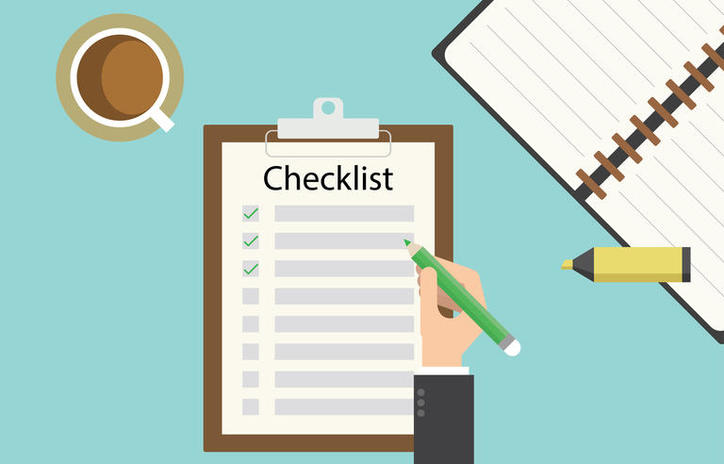
- Proof of Identity: You will need to provide a copy of your valid identification, such as an ID card or passport.
- Proof of Income: Lenders will want to ensure that you are capable of repaying the mortgage loan. Therefore, you will need to provide proof of income, such as pay stubs, bank statements, or tax returns.
- Proof of employment: You will also need to provide evidence of your current employment, such as an employment letter or employment contracts.
- Bank statements: Lenders will want to review your bank statements to assess your ability to manage your finances. Make sure to have recent bank statements readily available.
- Proof of down payment: If you plan to use a down payment for the purchase of your home, you will need to provide evidence of these funds, such as bank statements or gift letters.
- Proof of marital status: If you are married or in a common-law relationship, you will need to provide proof of your marital status, such as a marriage certificate or a cohabitation declaration.
- Proof of current Real Estate holdings: If you already own a property, you will need to provide evidence of this property, such as mortgage statements or property deeds.
It is essential to gather all these documents before starting your house-hunting journey. This will save you time and streamline the buying process. Remember to keep these documents safe and make copies for backup purposes.
Finalizing the sale at the notary’s office
Once you’ve found the house of your dreams and negotiated all the details with the seller, it’s time to finalize the sale at the notary’s office. This step is crucial because it’s where all the official documents will be signed and the property will be officially transferred into your name.
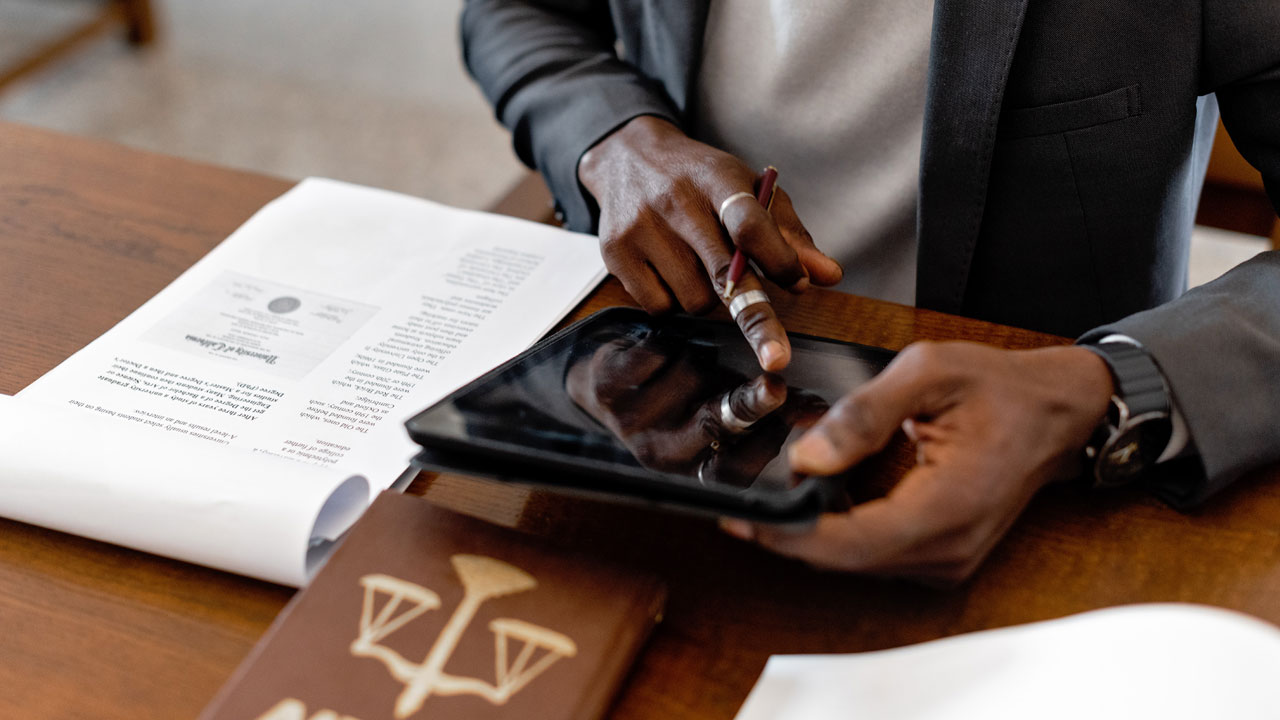
Here are the steps to follow to finalize the sale at the notary:
- Fix an appointment with the notary: Contact the notary you have chosen and set a date for the signing of the documents. Make sure to choose a trustworthy and competent notary.
- Prepare all necessary documents: Before the appointment with the notary, ensure that you have all the necessary documents in your possession. This may include the sales contract, urban planning certificates, property surveys, etc.
- Sign the documents: During the appointment with the notary, you will need to sign all documents related to the sale of the house. Make sure to carefully read each document before signing and ask any necessary questions.
- Payment of the purchase price: You will also need to make the payment of the purchase price of the house during the document signing at the notary’s office. Ensure that you have the necessary funds available.
- Obtain the keys: Once all documents have been signed and payment has been made, the notary will hand over the keys to the house. Congratulations, you are now officially the owner of your new home!
It is important to note that the sale at the notary’s office can take some time, so it is essential to remain patient and follow all steps carefully. If you have any doubts or questions, do not hesitate to ask the notary.
Getting Home Insurance in Quebec?
Home insurance is essential protection for homeowners. It covers damages to the property and belongings caused by unexpected events such as fire, theft, vandalism, floods, storms, and earthquakes.

Who should take out home insurance?
In Quebec, home insurance is not mandatory, but it is strongly recommended. Indeed, most mortgage lenders require borrowers to take out home insurance before granting them a loan.
What are the types of home insurance?
There are two main types of home insurance in Quebec:
- Homeowner’s insurance covers damage to the property and belongings. It is mandatory for homeowners.
- Tenant’s insurance covers the tenant’s liability and personal property. It is recommended for all tenants.
How to subscribe to home insurance?
To subscribe to home insurance, you can contact an insurance broker or an insurance company directly. The insurance broker will help you compare offers and find the best coverage for your needs.
Here are the steps to follow to subscribe to home insurance:
- Harvest quotes. Contact multiple insurance brokers or companies to get quotes.
- Compare offers. Compare premiums, coverage, and exclusions of each offer.
- Choose an offer. Choose the offer that best meets your needs and budget.
- Sign a contract. Once you have chosen an offer, you will need to sign a contract with the insurance company.
What factors should be considered when taking out home insurance?
When taking out home insurance, you need to consider the following factors:
- The value of your property. The insurance company will use the value of your property to calculate the insurance premium.
- The value of your belongings. The insurance company will use the value of your belongings to calculate the insurance premium.
- Your coverage needs. You may choose to add additional protections to your insurance policy, such as protection against floods or earthquakes.
Tips for finding a good home insurance:
Here are some tips to find good home insurance:
- Compare quotes from multiple insurance companies.
- Seek advice from an insurance broker.
- Ensure that your policy covers all your needs.
- Read your insurance contract carefully.
Home insurance is essential protection for homeowners. By purchasing home insurance, you protect yourself against significant financial losses in the event of a disaster.
Finalize the purchase and move into your new home.
Once all checks and inspections have been completed and the purchase conditions have been met, it’s time to finalize the purchase and take possession of your new home.

Sign the closing documents.
At the closing of the sale, you will need to sign all legal documents related to the purchase of the house. Make sure to read them carefully and ask questions if needed. Once the documents are signed, you will officially become the owner of the house.
Plan your move
After finalizing the purchase, start planning your move. Organize the transportation of your belongings, change your address with relevant organizations, and prepare to move into your new home.
By following these tips and steps, you can purchase a home with confidence and find a house that perfectly fits your needs and expectations.
In summary
Working with a real estate agent can greatly facilitate your search and purchasing process. An experienced agent will have access to exclusive property listings and can guide you through the entire process. They can also negotiate on your behalf and advise you on the legal aspects of your purchase.
By following these tips and remaining patient, you will increase your chances of success in your real estate purchase. Remember to take the time to compare offers, negotiate the price, and thoroughly understand the terms of the contract before signing anything. Good luck in your search for the perfect home!
Questions Fréquentes
8 points to check before buying a property. Market research … The overall condition of the property. … The precise cost of acquisition. … The surrounding environment of the accommodation. … Taxes and charges. … Energy expenditure. … The existence of easements. … Legal and administrative defects.
Here’s everything you need to know to avoid falling into a trap when buying a property:
Make sure to understand the expenses involved.
Examine the minutes of general meetings.
Negotiate the purchase price based on the local market.
Ensure you have financing in place quickly to avoid missing opportunities.
Choose a property that meets your current and future needs.
Consider the long-term resale potential of the property.
Take the necessary time to carefully review all terms of the contract before signing.
Following these steps will help you steer clear of any potential pitfalls in the future.
What should you check before buying a house?
Market analysis and the price of the targeted property.
Overall condition of the dwelling.
The significance of the building’s appearance.
Real estate diagnostics.
The surrounding environment.
Potential renovation work.
Suspensive conditions of the sales agreement.
How to know if it’s the right real estate purchase?
-The property meets (almost) all of my criteria.
-I can envision myself in the property, including my loved ones, if applicable.
-The weaknesses are outweighed by the advantages.
-Upon reviewing the photos and videos taken during the visit, I feel good about it.
-The seller is responsive to all my questions.
-The visit lasts a long time. It’s enjoyable to look at the rooms of the house..
Give a rating to its overall condition from 1 to 10, taking into account the following:
1-Roofing.
2-Foundations and structural work.
3-Secondary works.
4-Neighborhood regulations.
5-Insulation.
6-Comfort.
7-Services.
8-Natural risks according to the region.


